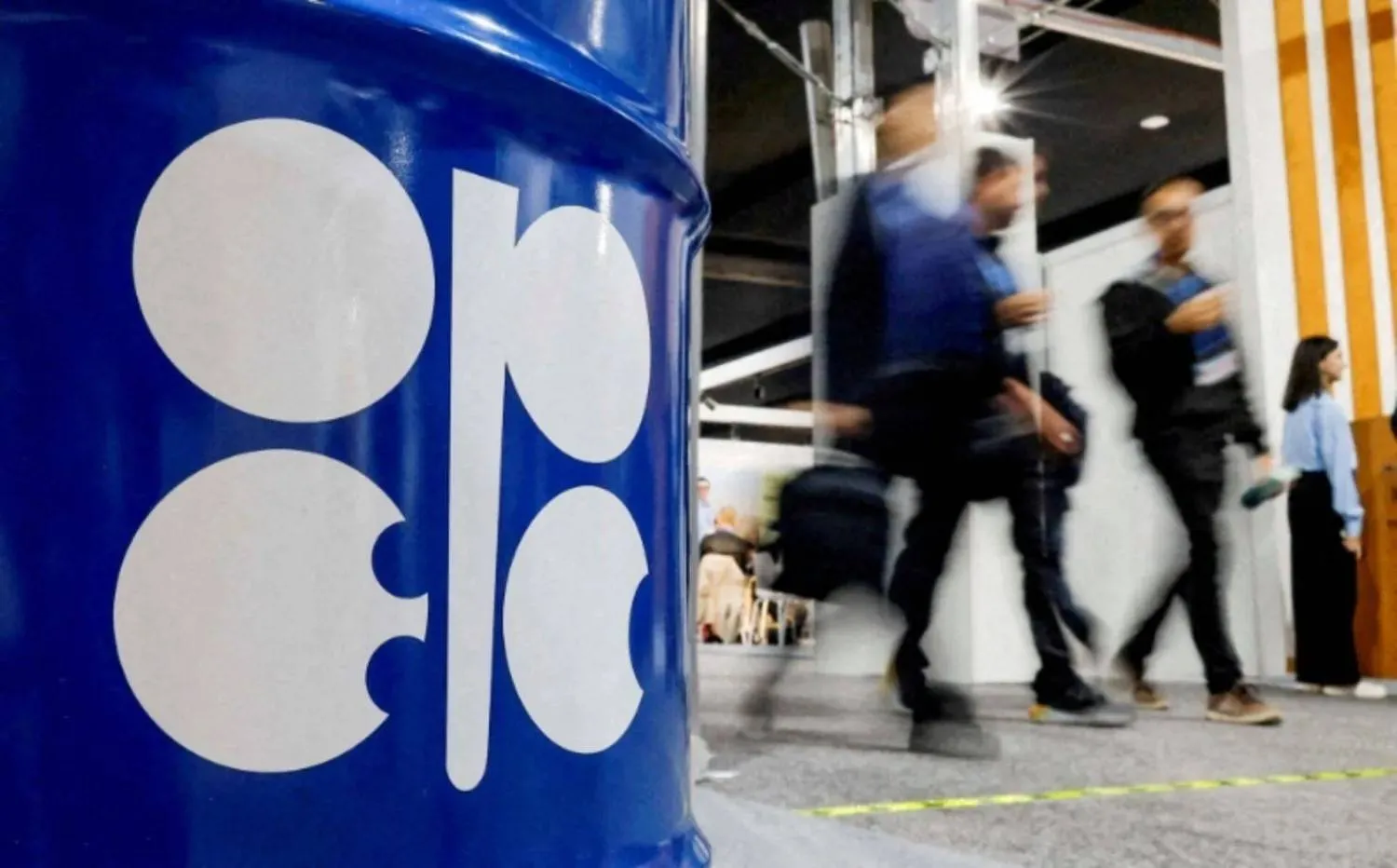Saudi Arabia’s inflation rate increased to 2% in November, the highest in 15 months. The rise was driven primarily by a 9.1% increase in housing, water, electricity, gas, and other fuel prices, alongside a 2.7% rise in prices for miscellaneous goods and personal services. In contrast, transportation costs fell by 2.5%.
Despite the increase, Saudi Arabia remains the G20 nation with the lowest inflation rate, a level economists describe as relatively moderate.
According to the Consumer Price Index report published by the General Authority for Statistics (GASTAT) on Sunday, the housing, water, electricity, gas, and other fuel category saw a 9.1% rise, which was mainly due to a 10.8% surge in residential rents.
Housing costs significantly influenced overall inflation, as this category accounts for 25.5% of the consumer basket. Similarly, prices for miscellaneous goods and personal services rose by 2.7%, driven by a 23.7% increase in the prices of jewelry, watches and antiques.
The restaurants and hotels category also experienced a 1.5% rise, fueled by a 5.9% increase in hotel and furnished apartment service costs. Meanwhile, education expenses increased by 1.1%, reflecting a 1.8% rise in tuition fees for middle and secondary schools.
Food and beverage prices rose slightly by 0.3%, primarily due to a 1.9% increase in the cost of meat and poultry.
Dr. Naif Al-Ghaith, Chief Economist at Riyad Bank, linked the 2% year-on-year inflation increase to economic shifts under Vision 2030, which aims to diversify Saudi Arabia’s economy and reduce reliance on oil.
According to Al-Ghaith, the housing and utilities sector was the primary contributor to inflation, with residential rent prices, particularly for apartments, increasing by 12.5%.
Moreover, the 2.7% increase in miscellaneous goods and personal services reflects changes in consumption patterns and rising demand for certain goods and services amid Saudi Arabia’s ongoing economic and social transformation.
In contrast, the transportation sector’s 2.5% decline helped offset inflationary pressures. Al-Ghaith attributed this decrease to improvements in transportation infrastructure and enhanced logistics efficiency, aligning with Vision 2030’s objectives to modernize the transport and logistics sectors.
Al-Ghaith noted that these inflationary changes are part of the Kingdom’s broader economic transformation. For instance, rising housing costs may indicate increased investment in real estate and improved living standards. Similarly, higher prices for personal goods and services reflect the economy’s diversification and the emergence of new industries.









